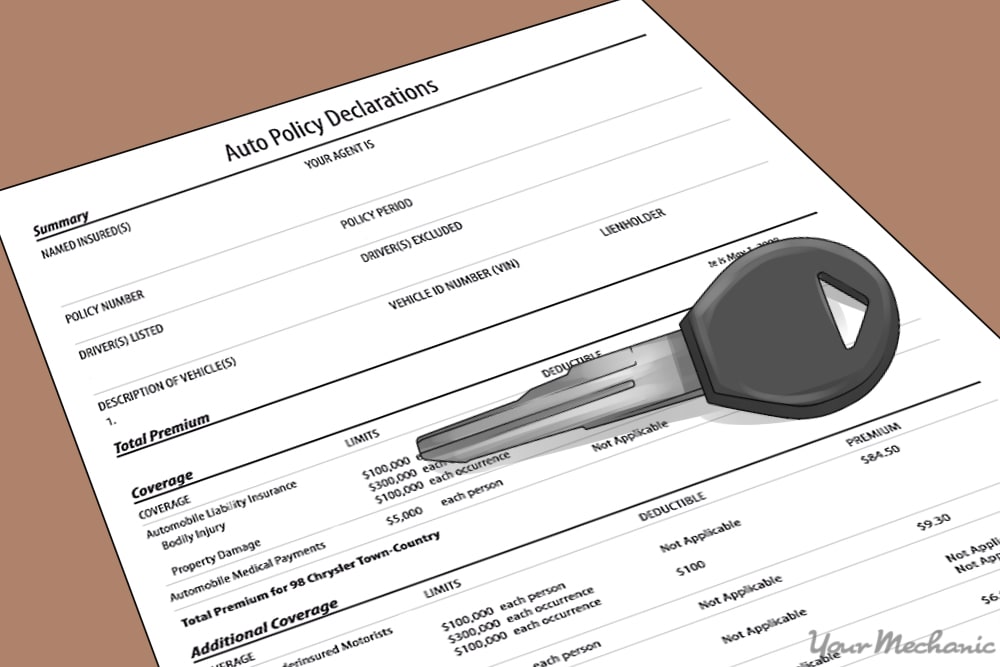

Rental cars are used for a variety of reasons. Some folks prefer them for road trips, take them out after flying to new cities, or need them while their own vehicle awaits or undergoes repairs. Whatever the case, you want to be protected physically and financially while out on the road.
Insurance covers the cost of damages that may occur. However, the extent to which regular car insurance providers cover rental car scrapes varies. Additionally, many rental car companies have their own processes for purchasing insurance and differ in how they approach outside coverage. Know the ins and outs of the 4 types of rental car insurance to determine if it’s something you need for your next trip.
Rental Car Insurance
Rental car companies generally offer 4 varieties of insurance at the counter. It tends to be more expensive than other options — sometimes even more than the car itself. Despite the cost, it does prevent you from many unanticipated fees you may encounter should anything happen to you and your rental car. See rental car options for:
1. Liability coverage. Liability protects you if you hurt someone or damage their property while operating the rental vehicle.
2. Collision Damage Waiver (CDW). The CDW (or LDW, for loss damage waiver) doesn’t technically qualify as insurance, but the purchase of this waiver typically covers the cost of repairs from damage. It does tend to be on the pricey side, and often costs more per day than the car itself. This document protects you from paying for:
- Damage repair. The CDW covers the cost of damage done to the vehicle, whether minor or major, except in a few cases like those involving tires. It also won’t cover damage caused by driving on unpaved roads or speeding.
- Loss of use. This is calculated as the potential revenue lost while the car is in the repair shop, despite the number of other available cars the company has. Oftentimes, your own insurance policy won’t cover this charge.
- Towing. If the car cannot be driven back to the return station, the CDW will take care of the cost of the tow truck.
- Diminished value. Rental cars usually sell their cars within two years. The “diminished value” is the loss of potential resale value due to the damage you caused.
- Administrative fees. These fees vary depending on the claims process.
3. Personal effects coverage. This covers the cost of personal items, like a cell phone or suitcase, stolen from the rented vehicle. If you already have homeowners or renters insurance, loss of personal property, even in a rental car, may already be covered.
4. Personal accident insurance. If you and your passengers suffer injury from an accident in the rental car, this can help pay medical bills. Your personal car insurance may include medical payments coverage or personal injury protection in case of a rental car accident. Such accidents may also be covered under your health insurance costs.
Other Insurance Options
If you choose not to purchase rental car insurance while renting a car, other insurance companies may be able to cover liability, car damage, lost or stolen items, or personal accident costs depending on the policy. What the CDW covers may differ from what your provider is willing to cover. Additionally, you may have to wait for reimbursement for any charges otherwise covered by the CDW.
You can avoid the high cost of a rental car company’s insurance with:
Personal Insurance: This includes car, health, homeowners, etc. insurance from your preferred insurance company. It may be limited to certain states, but can potentially cover everything a rental company offers to cover for a different price. This includes, but is not limited to:
- Comprehensive coverage: to repair rental car damages from danger, theft, or natural disasters.
- Collision coverage: to help pay for damages from colliding into another vehicle or object. This may not extend to everything noted in the CDW.
Credit Card Insurance: Certain credit card providers offer auto insurance and rental car insurance if you take out the rental using that credit card. Check with your credit card issuer before assuming it covers all potential damage costs to the rental car. It might not cover diminished value or administrative costs.
Third-Party Travelers Insurance: You may be able to rent a car through a travel agency that gives you the option of buying collision coverage at a relatively low price per day. However, this does not include everything, and you may have to pay out of pocket for damages later.



